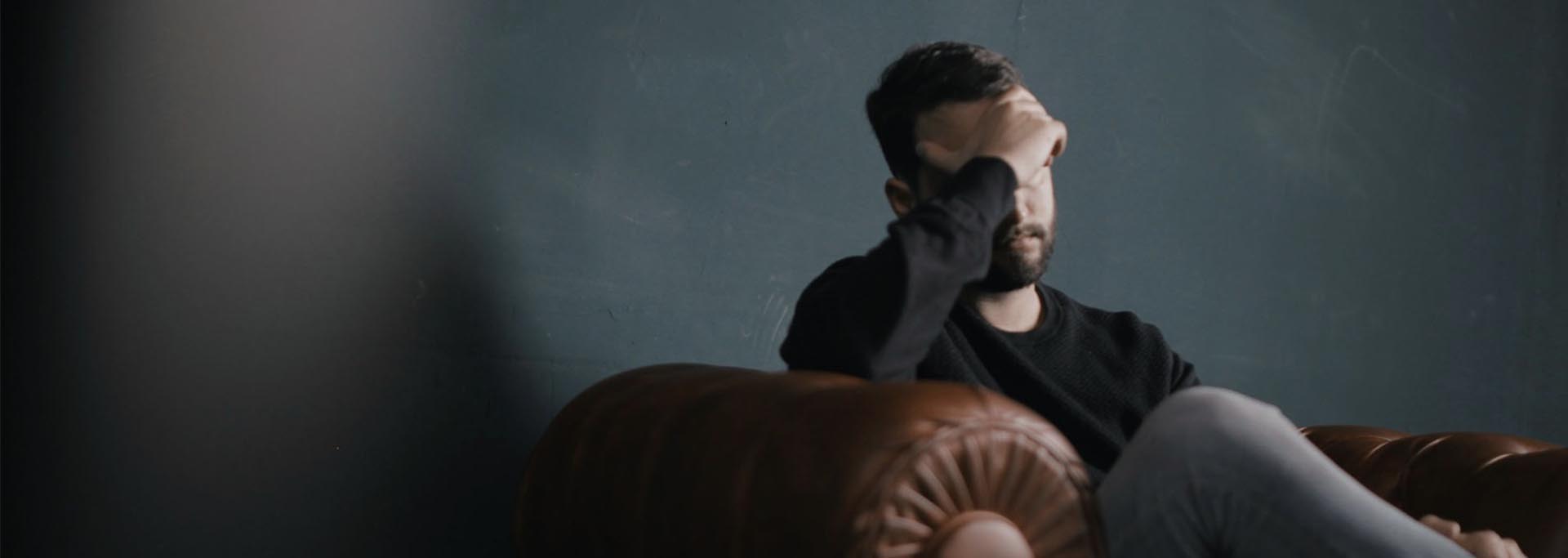WHAT IS FORGIVENESS
We have all experienced an emotional injury, intentional or accidental; the pain and humiliation caused by the offending party births a grudge we carry. We spoke with our counsellors to learn more about the anatomy of forgiveness. Rachel Chan and Diana Chandra provided us a glimpse of how forgiveness is defined – ‘a conscious, deliberate decision to surrender the right to hurt those who had hurt you, to release feelings of resentment of vengeance towards a person or group who has harmed you, regardless of whether they actually deserve your forgiveness.’ Revenge is an age-old principle or ‘right’ of the repayment of evil for evil, but when you forgive, you give that right up. In other words, forgiveness is the giving up of our rights to be vindictive when hurt.
If it sounds so simple, then why does it seem so hard? We soldier on. Let’s start by dispelling some myths about forgiveness, and perhaps unforgiveness.
Firstly, people think forgiveness is done for the offender’s sake. By not releasing forgiveness we hope to bind the other party to the guilt of the offence, but that is furthest from the truth. The offender may be unaware that they have done something wrong and/or may have already moved on. Bearing that grudge or unforgiveness is to carry someone else’s mistake, and enduring emotions of sadness, anger, pain and even bitterness.
Secondly, people confuse forgiveness with reconciliation; that when they forgive they must forget and immediately return to being friends. Forgiveness is not reconciliation. Reconciliation requires that both parties agree to mend the relationship and this may not be what you intend.
According to Tan Ying Shi, EMCC’s Mediator, unforgiveness impairs sound decision-making. The unforgiving person will find it difficult to mediate in a conflict. Issues of fairness and sustainability become subjective, and parties end up having shifty positions in their negotiation, because often, one party is too consumed by the hurt endured. For the unforgiving person, mediation becomes a zero-sum game where the adversary is very real and the contest is still on. There will never be a place of good enough as long as the needs of another party are accommodated. However, when we see disputant on the path of forgiveness, we also see settlement being more forthcoming, and adherence to the agreement more intentional. In a divorce mediation, while it has happened before, forgiveness rarely results in the couple abandoning the divorce process and reconciling. It underscores the difference between forgiveness and reconciliation; that we can be friendly, but not necessarily become best friends with each other again.
We have dealt briefly with forgiving someone else. Let’s move on to something a little more challenging – the issue of self-forgiveness.
WHAT IS SELF-FORGIVENESS
Self-forgiveness is our ability to forgive ourselves for mistakes that cause us to feel guilt and shame. Some examples are like when a marriage ends in divorce, many feel a deep sense of self-condemnation and shame, or parents who unintentionally hurt their children through excessive punishment may find it hard to forgive themselves.
Shame and guilt are very similar – both experiences stem from disappointment and feeling a sense of condemnation about ourselves. While guilt occurs when we feel bad about something we did or did not do, shame is guilt on steroids. It is self-blame and feeling of unworthiness that results from what we committed or omitted.
The struggles with self-forgiveness are well documented. Psychological issues like eating disorders, depression and even substance abuse can be prevented when people are able to start forgiving themselves. When you forgive yourself, you begin the healing from layers of shame and are more willing to make positive adjustments to your behaviour. This prosocial behaviour, ripples into other relationships of our lives, impacting our family, colleagues and anyone interacting with us. More importantly, your emotions, esteem and outlook see an upswing.
The theme of forgiveness is always hard to dissect, but often a topic of discussion. You would be surprised by how many conversations we hold daily just talking about a grudge we bore, or an annoyance that never goes away. Not every irritation or annoyance is an issue about forgiveness, but many of them stem from hurts that we hope time would heal.
Marianne Williamson famously said ‘unforgiveness is like drinking poison yourself and waiting for the other person to die’. So true, isn’t it?




